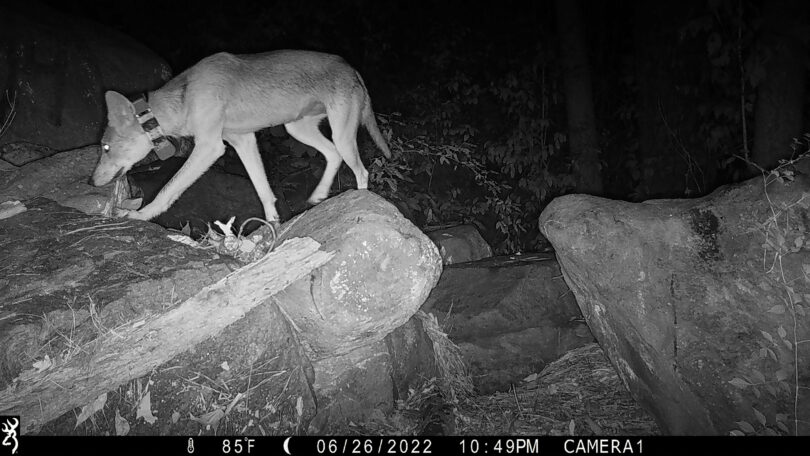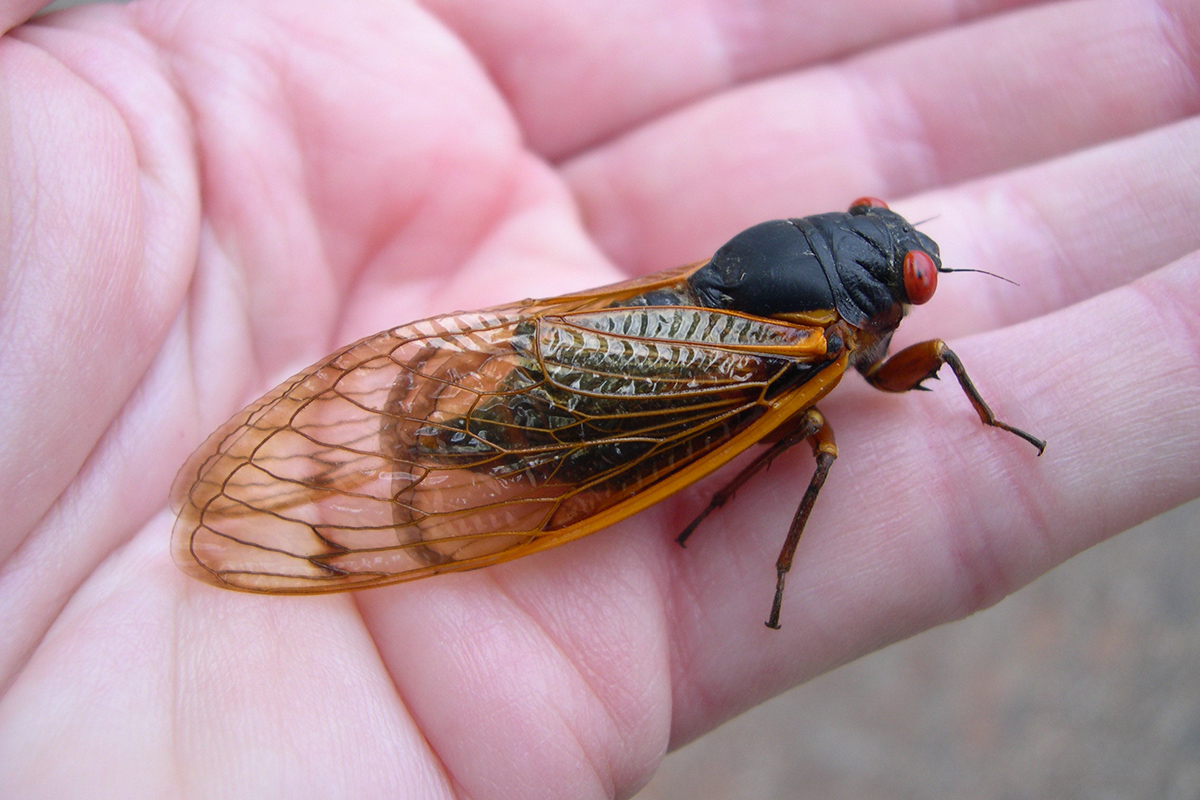Home gardeners love adding plants to their landscapes. Deer love eating them.
“When it comes to wildlife damage in landscapes and agricultural plantings, the most common problem is deer feeding and browsing damage — especially in the winter and early spring,” said Paul Pugliese, a University of Georgia Extension agent in Bartow County.
A hungry deer in the winter will eat just about any vegetation and can easily consume four pounds or more of plant material each day, he said.
Plant prickly plants
To help keep Bambi and his buddies from destroying landscape plants, UGA Extension home vegetable horticulturist Bob Westerfield suggests planting varieties that are harder to swallow, literally.
“Tougher plants like hollies and junipers are usually less desirable to deer,” he said. “I’m not saying they won’t eat them, but the prickly leaves make it more difficult.”
Westerfield says plants like hostas, pansies and fleshy succulents are “like ice cream” to deer.
(A publication with a complete list of deer tolerant ornamental plants can be found on the UGA Extension publication website at www.caes.uga.edu/publications.)
Change odor repellents frequently
Odor repellents can also be used to keep deer at bay, but Pugliese and Westerfield both view them as temporary fixes.
“Odor repellents are not very effective because they wear off when it rains,” Pugliese said. “If used, they should be applied at least once a month, or after every rainfall, from early fall until late winter. If you miss a timely application, the end result will be deer damage.”
If food is extremely scarce, he has seen deer ignore the repellents despite the taste or odor. “Deer don’t develop resistance to repellents, but they do get use to them,” he said.
Preventatives like garlic sticks and sprays will work longer if rotated, Westerfield added. On his farm in Pike County, he hung garlic sticks in his pear tree to keep deer from eating all the fruit. “What I discovered is the deer must like garlic-flavored pears,” he said.
Mesh or electric fences
Personally, Westerfield recommends building a fence to block deer from vegetable gardens. Home garden centers sell what Westerfield calls “a thin version” of deer fencing. He orders 7 ft. tall heavy gauge deer fencing online.
Deer recently chewed a hole through this. “The next level for our farm will be an electric fence. Electricity will be the first welcome to our garden from now on,” said a clearly frustrated Westerfield.
Todd Hurt, training coordinator for the UGA Center for Urban Agriculture, was so frustrated by deer destroying his landscape that he bought a Scarecrow Sprinkler. The device’s manufacturer claims a blast of water from the motion activated sprinkler will “scare animals away, teaching them to avoid the area in the future.”
“It seemed to work. It got me every time I would forget about it,” Hurt said. “It needs a constant supply of water pressure so I had to connect it to PVC pipe instead of a water hose because the hose will swell or burst. And, it was pretty strong and would move on the stake so the stake needs extra support.”
For more information on deer control in home landscapes, contact your local UGA Extension office at 1-800-ASK-UGA1.








